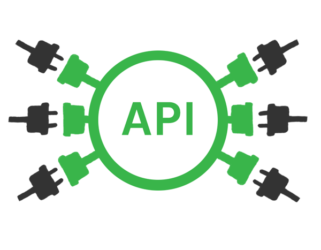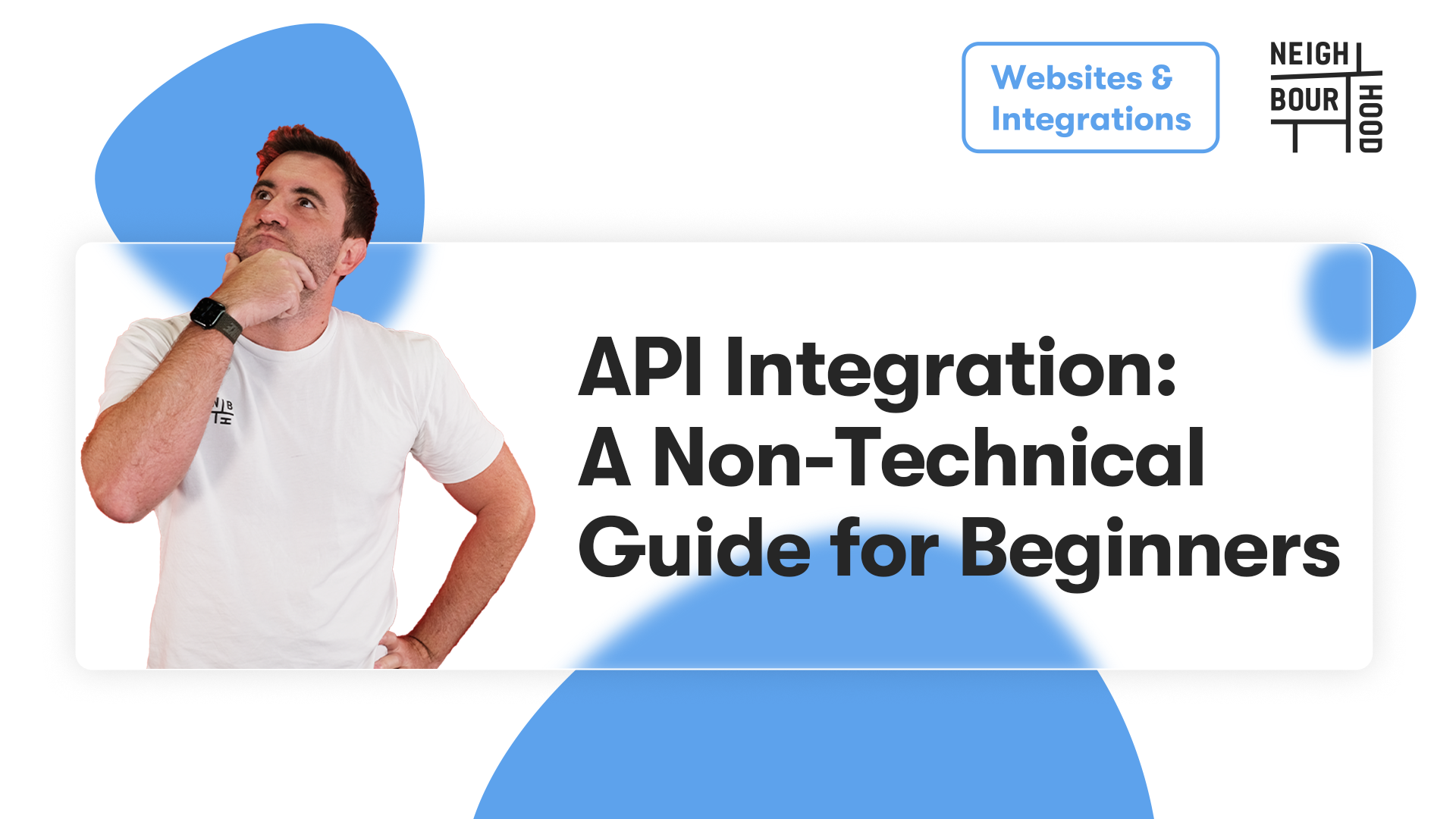If you've ever tried to patiently explain simple technology to your robo-resistant parents, you know the feeling of overwhelming frustration all too well. …. While I hate to break it to you, learning about API can often induce that same computer - clad confusion.
If you were to graze over an in-depth, technical article that highlighted the ins and outs of API integration, you might find yourself immediately stressed out (just like Kim Kardashian when she lost a diamond earring in the ocean). When not appropriately broken down, understanding the concept of an API, or Application Programming Interface, can be a bit of an uphill battle.
If you own a business that has an online presence, you probably should know the basics of an API, since most companies operate using one. Or alternatively, you can opt out for a slightly easier option by hiring an API integrations services company (*ahem*) to help you in setting up. Regardless how you build one, it will still be better to at least have a basic understanding of what it actually is, and why businesses use one, then turning a blind eye.
What is API Integration?
API's allow you to connect two platforms, and allow them to speak to each other, when - in normal circumstances, they wouldn't be able to.
An API integration is the connection between two or more applications, via their APIs, that lets those systems exchange data. API integrations power processes throughout many high-performing businesses that keep data in sync, enhance productivity, and drive revenue.

So, now that you know what an API is, (sort of, I hope?), you may be able to see why it's imperative to building and operating a business website successfully. API integration is flawless connectivity that allows businesses to automate processes in favour of their visitors seamlessly.
What is an example of an API?
Gee whiz, it can be exhausting to keep up with consumers exceedingly high expectations and you can bet your bottom dollar website capabilities and user experiences are no exception to these demands. But, not to fear as that's exactly where API integration comes into play.
By integrating API's, you can use Google Forms, contact forms, and gather information from around the web to present to the visitors on your page. All you have to do is call on their API's and bob's your uncle - you’ve got yourself in the good books with your customers.
Many websites have released their API's for collaborative purposes. A great example of an API is paying with PayPal at the checkout on a website. Websites use API integration to install a PayPal button, which takes customers to PayPal to check out. Since you're putting in sensitive purchase information not only does this mean the website you are buying from is asking PayPal for access to their API so you can check out, but it means the browser is secure, so they can approve it. This means your customer can rest easy, knowing their details are safe and secure, in exchange for allowing their online shopping habits to continue.
So now we know the importance of an API integration - let's go build one!....
Building Your API
So by now you’re probably feeling a little more like a tech-wizard, and less like a deer in the headlights, because now you understand the basic concept of an API. Boy I am glad we both made it this far.
Unfortunately, it’s a bit of a different story when it comes to actually building your own API. Instead of reaching out to tech support to ask them why your screensaver disappears every time you move your mouse… I am going to save you the embarrassment and let you know that most businesses require a professional API integrations services company to build and publish their API. Sometimes, when it comes to web development, it's best to leave it up to the experts. That way, you can make sure that you don’t end up as confused as the math lady meme (see below), but ensure that your web visitors have the experience they desire on your page.

There are software tools available that will help even the non-technical brain develop and establish an API, but most of them require at least basic experience in coding. So if you don’t speak code you certainly are not alone. But it’s important for you to find someone who does, and can help you as API integration is a massive part of the development process of a website and will enable you to stay competitive in today's internet landscape.
Why You Need an API Integration Platform
You likely plan on hiring a developer to take care of your API needs, which is cool, and we actually recommend it - in fact we can actually help you with your API integration services. The benefit of hiring a professional is that they can understand how many API's your website needs and where they will be the most efficient. You know what they say, if you can’t do…outsource (...do they say that?).
Without an API integration platform, you'll be unable to connect to cloud apps, quickly create new API's, improve team productivity, unlock valuable data, and manage all of your API's in one spot. A platform makes it possible to stay organised and recognise which of your API's are serving you, allowing you to evolve continually.
Your website will need to place different requests to different sites and companies (appointments, calendars, checkouts), so you've got to manage them seamlessly to ensure the best customer experience and business practices.
API and Marketing Integrations
Marketing is an essential part of existing online, and utilising API's are a large component of your online marketing strategy. Every social network uses API's, as do email marketing and CRM (customer relations marketing) platforms and hundreds of companies that offer PPC (pay per click) ad campaigns. A bit like "Daenery's Targaryen" is the underdog in GOT, an API is the underdog in the world of marketing. Without it, we wouldn’t be able to achieve great things! (or win the War of Westeros).
By knowing how to integrate API's, (or hiring someone who does), you'll be ahead of the game when it comes to marketing, and you'll avoid people seeing you ugly cry when it comes to *trying* to understand manual coding and data entry. Google AdWords, Facebook Ads, and MailChimp are prominent advertising tools and platforms that use API integrations to function within their daily services.
Breaking Down API Integration
Very basically, your API integration is the connection between your website and another data source that allows the two to exchange information for the benefit of your website user. By using API integration, you're making your life easier, as well as the experience of your potential customers.
Pulling the information you need from a website to yours, so your visitor doesn't have to leave your site, is a fantastic way to create a seamless user experience that will also enable you to drive sales, book more appointments, and receive more business in general. Successful API integration will cause your bounce rate to drop, and offer a better outlook for your business overall, so honestly, what are you waiting for?!



